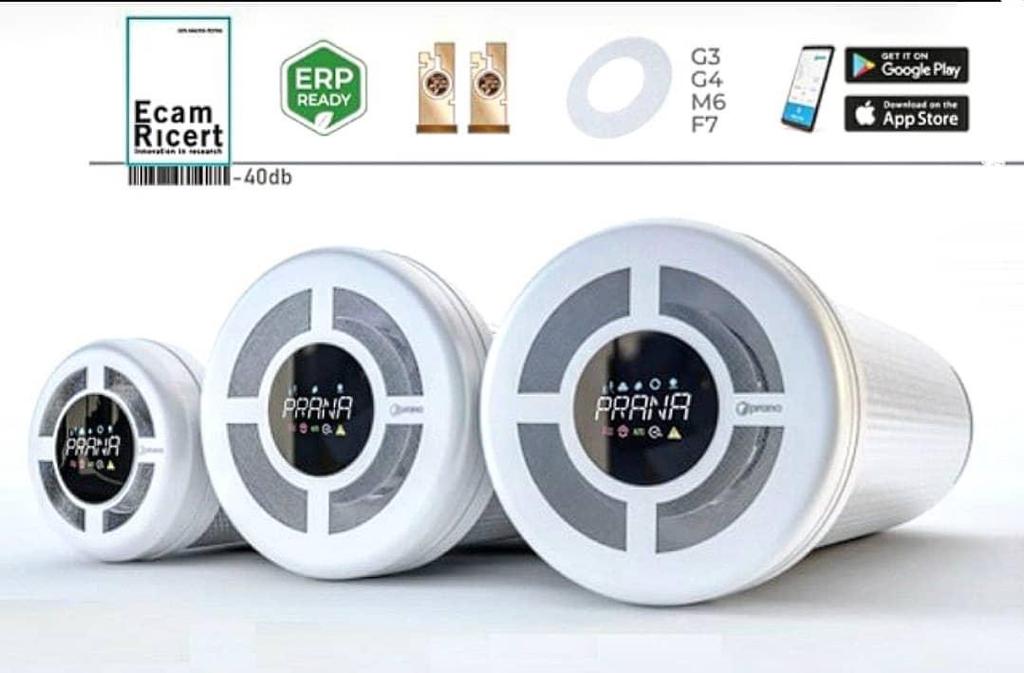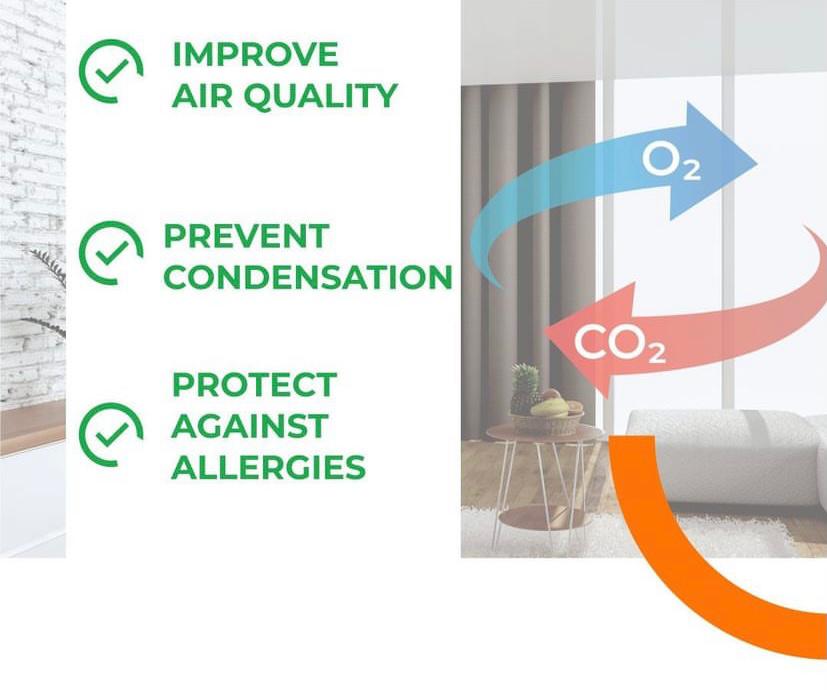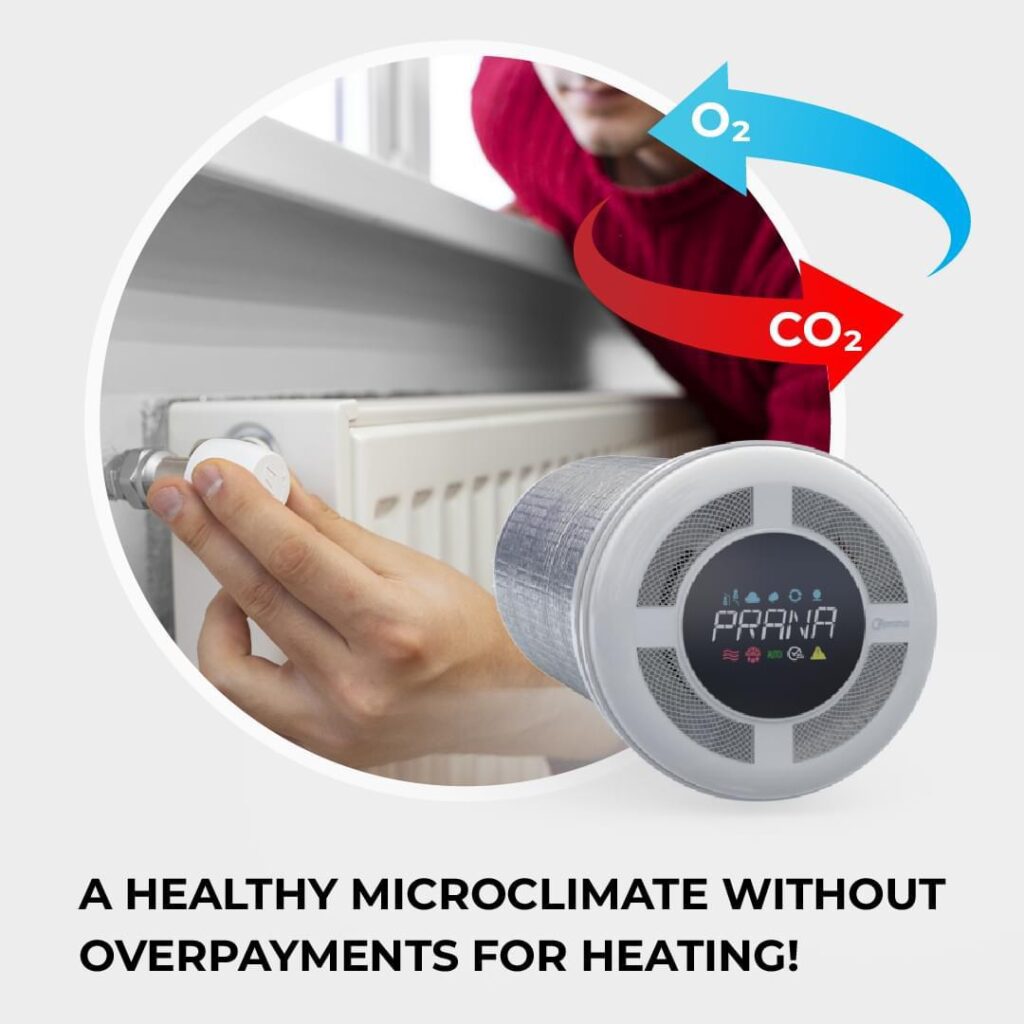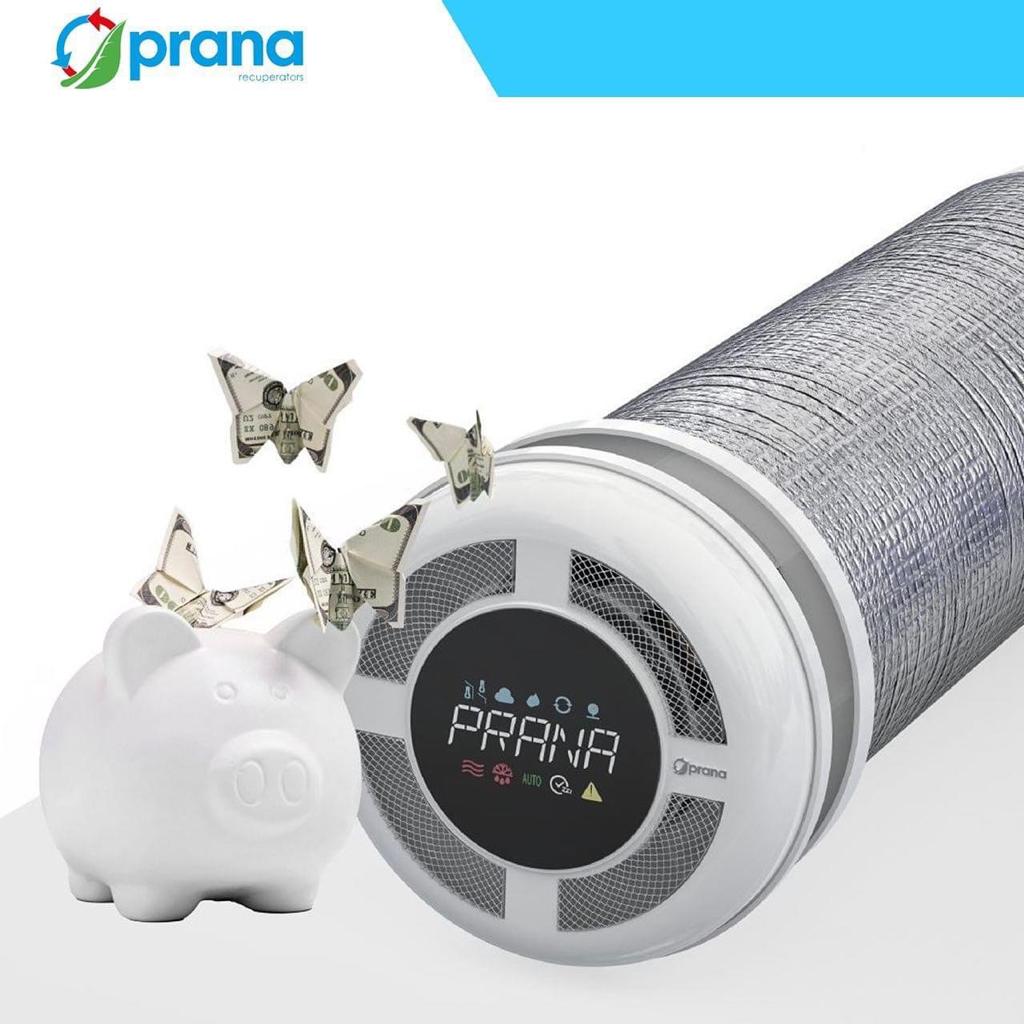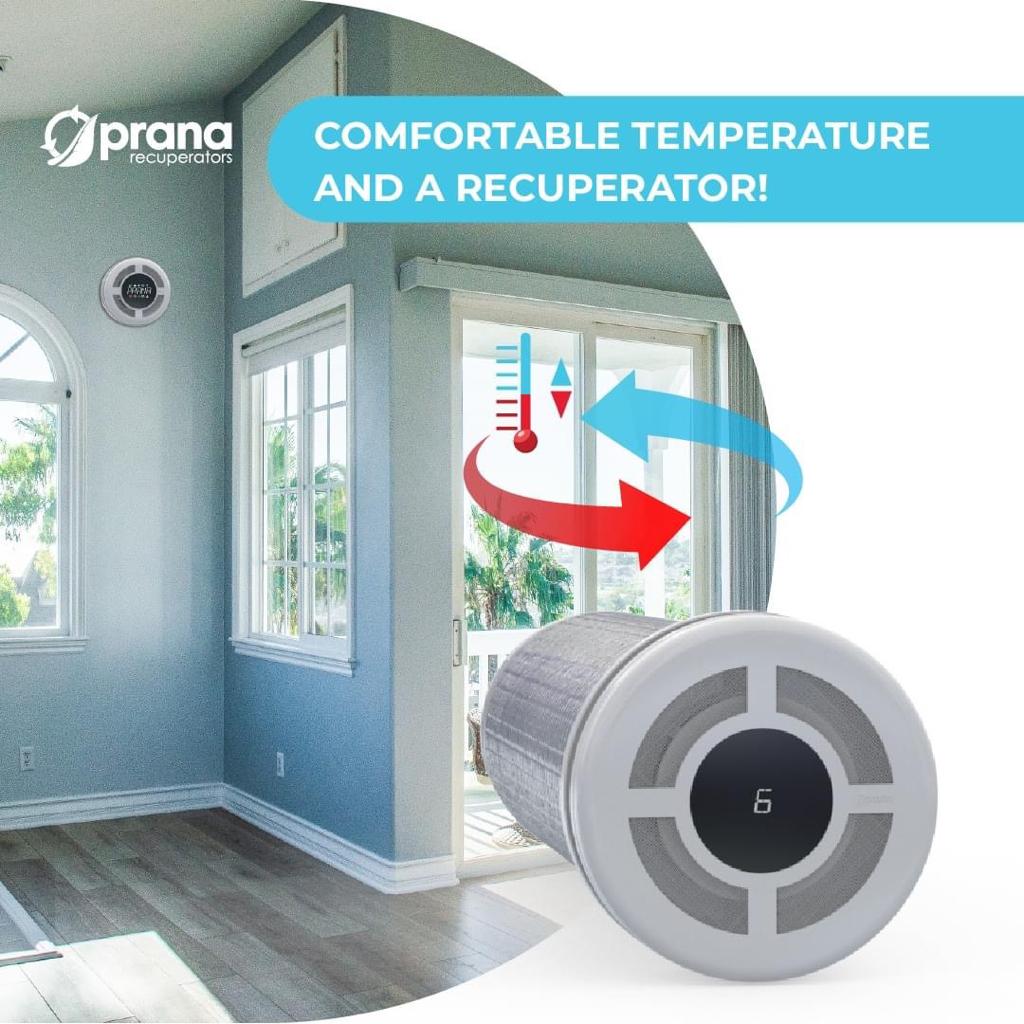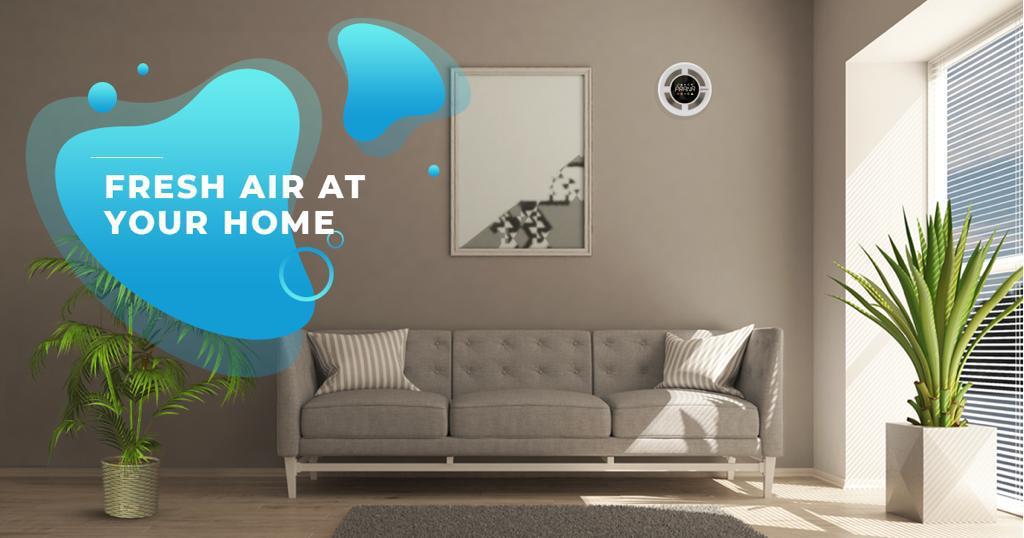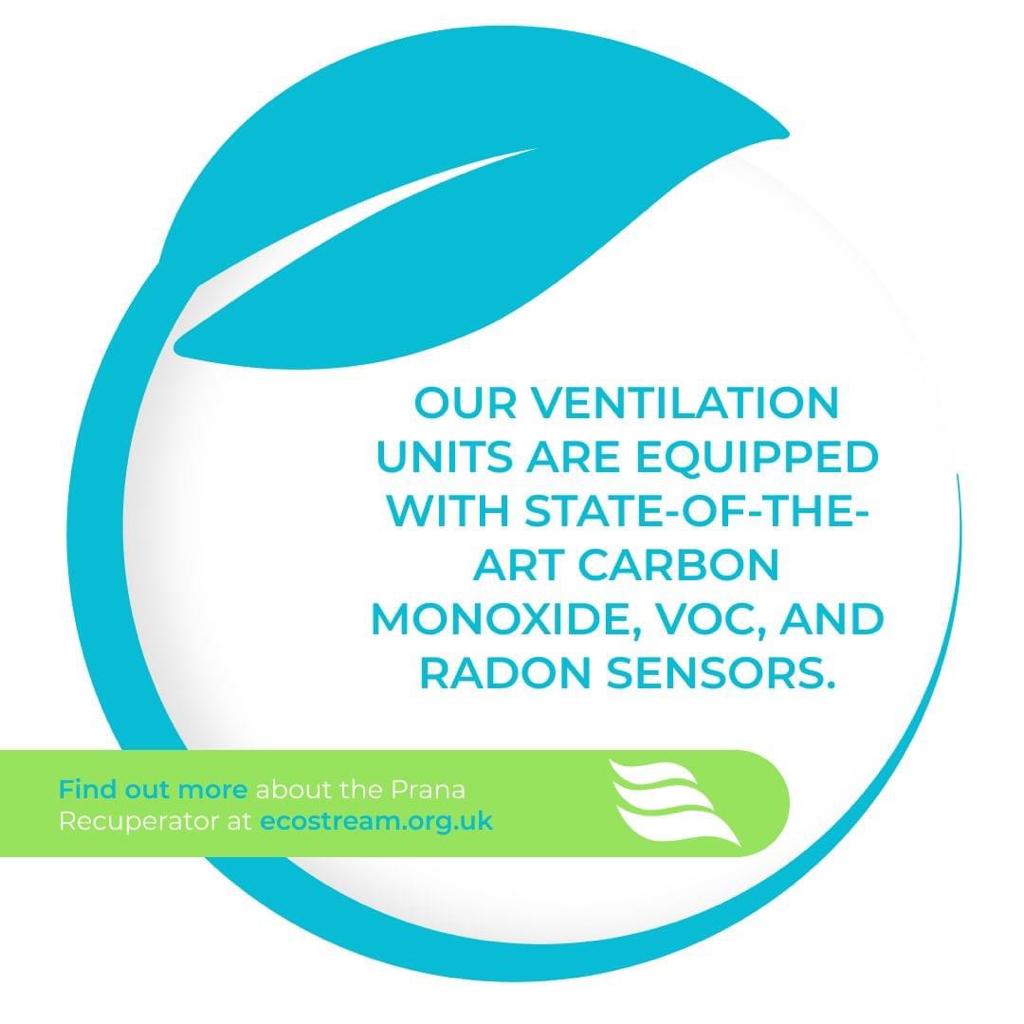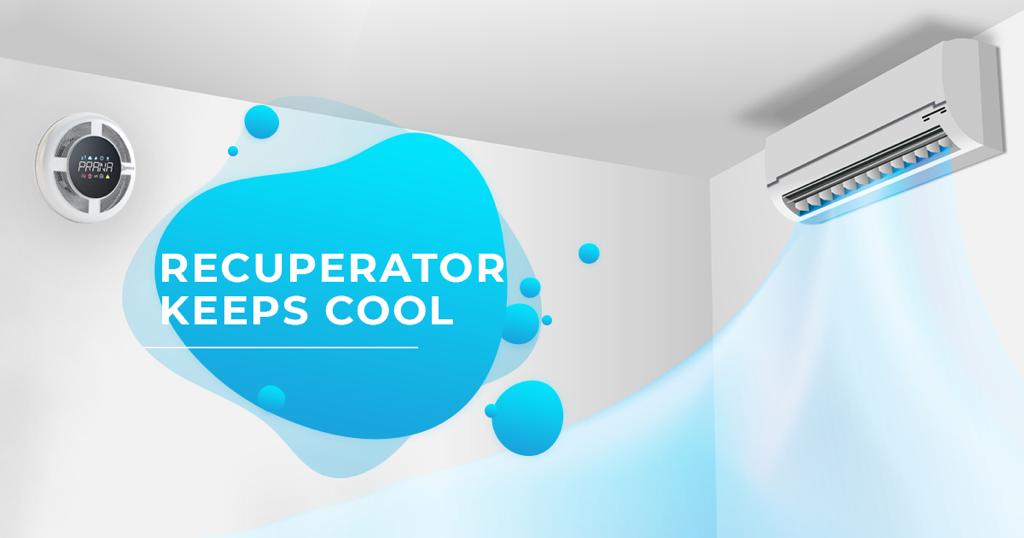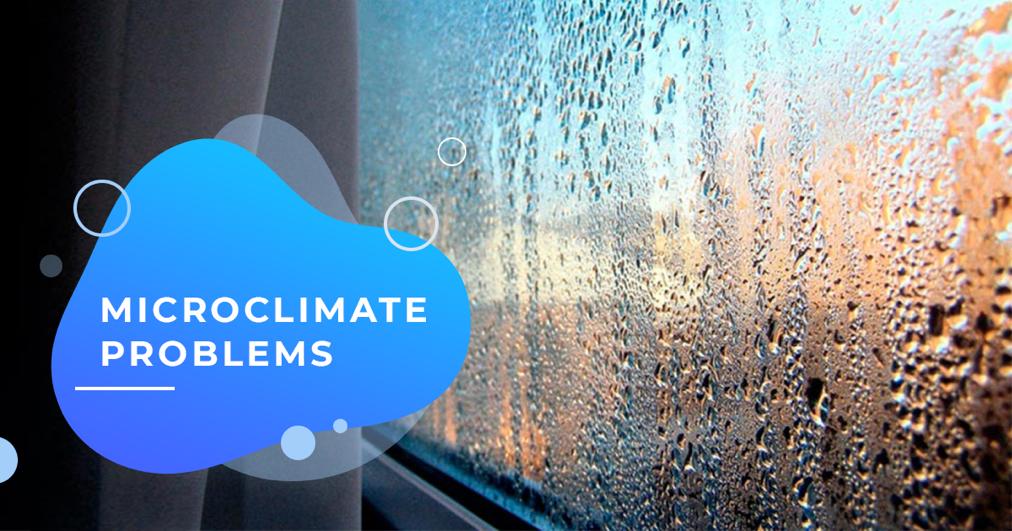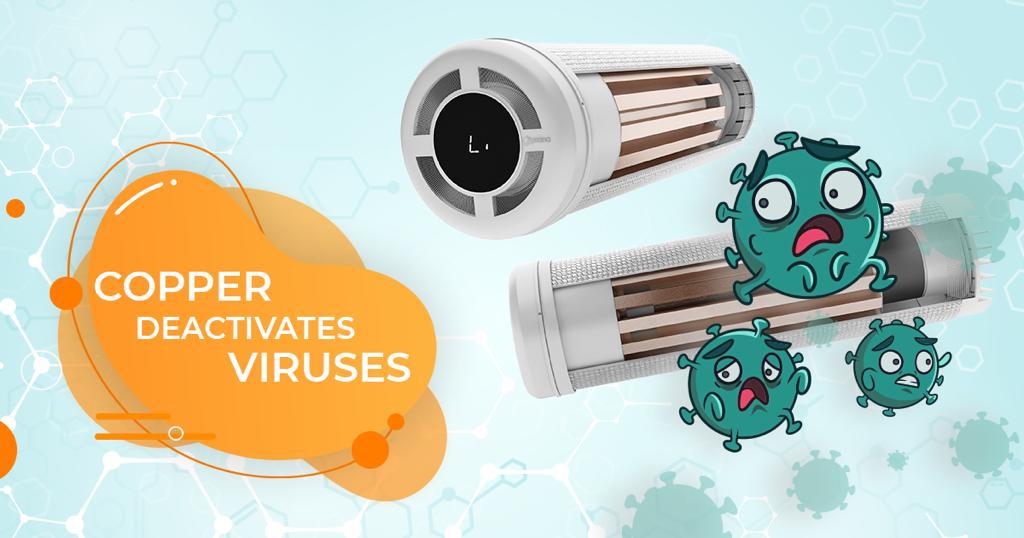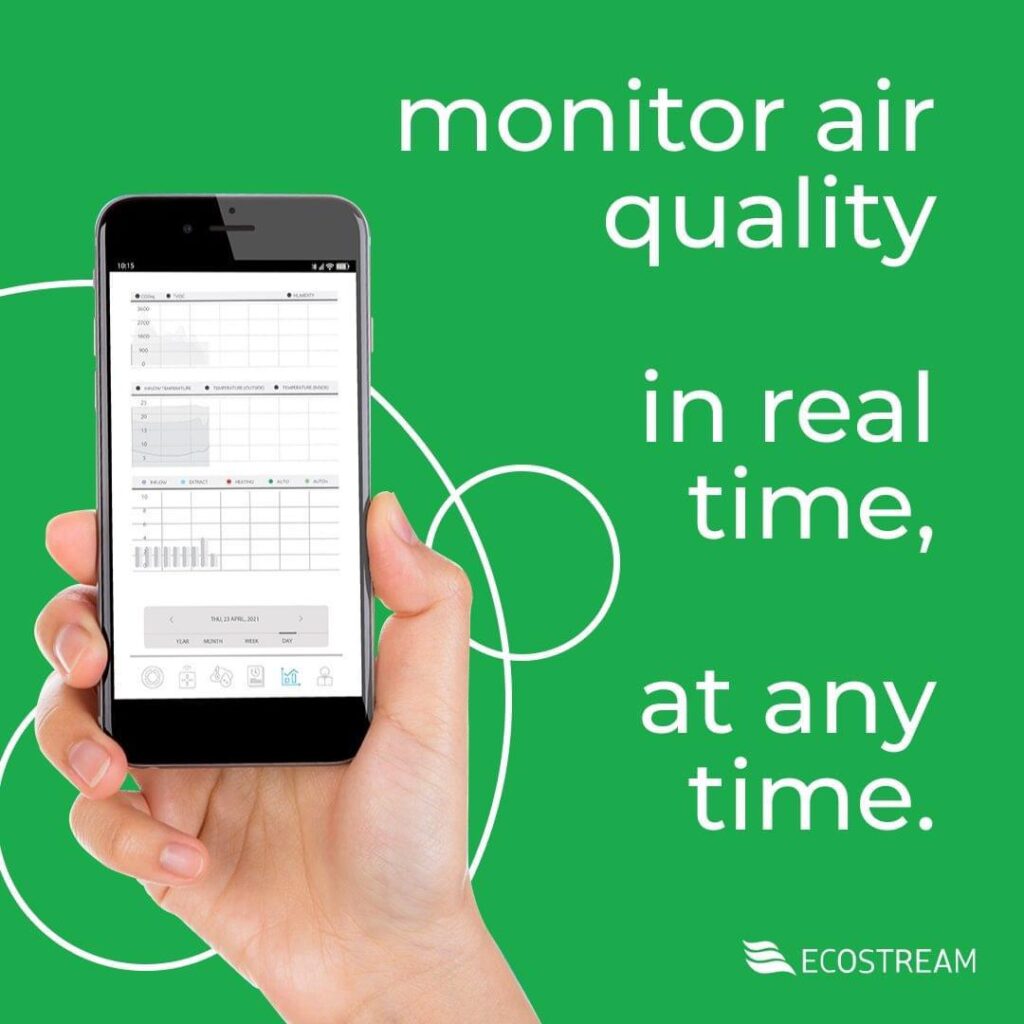The antimicrobial copper in the heat exchanger cleans the fresh air as it is brought into each room, ridding it of viral, bacterial and fungal spores.
As a homeowner, you may not be concerned about your home’s indoor air quality (IAQ). Most people believe that their home’s air is clean and healthful. Unfortunately, your indoor air quality may not be as safe as you think. Pay attention to these five elements that might have an impact on your indoor air quality and know what to do to address them.
What Affects Indoor Air Quality
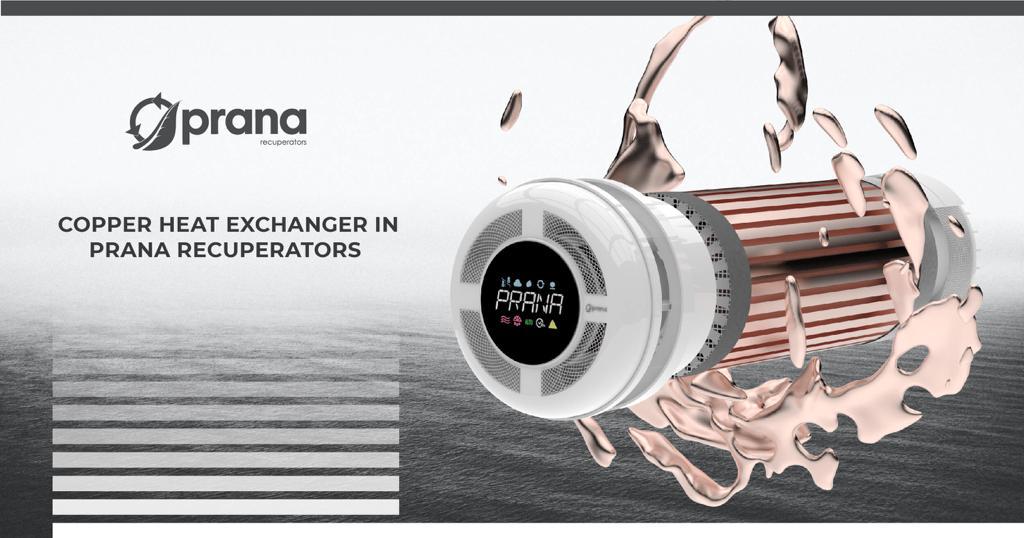
Influences on air quality in the home: all factors
The air quality in your home depends on many factors. However, we will look at the main air pollutants and factors that affect the air quality in your home. And of course, we will find a way to improve the situation.
Level of Humidity
A residence should have a relative humidity of 30-50 per cent. Residents may endure eye discomfort and other skin complaints if the air is excessively dry. During the winter, this is most prevalent. In contrast, a too humid interior climate can develop germs, which we’ve already discussed as harmful to one’s health.
Installing a humidifier is a simple hack because most devices allow you to customise the optimal range for your house. If there is too much moisture in the air, you can use a dehumidifier. Consider opening a window or turning on the exhaust for an easier fix.
Poor Ventilation
Clean air is impossible without good ventilation. If there is little to no airflow in your home, the air will become stagnant. Air pollution at home adversely affects the state of health and well-being. This happens when residents block vents with furniture or close all the doors and windows. Poor ventilation can cause an increase in mould growth, dust mites, and other contaminants. The lack of fresh outdoor air also intensifies any foul smells in the home.
You can improve the ventilation by opening doors and windows whenever possible. If you have allergy symptoms or notice an up tick in headaches, it might be time to re-evaluate the layout of your furniture. Additionally, consider installing an exhaust fan in the kitchen and bathroom, as these are usually the areas where poor ventilation occurs first.
Indoor air pollutants and chemicals
The air you breathe can contain harmful contaminants. We’re talking about things like cleaning supplies, aerosol deodorants, hair spray, etc. All these items release what are called volatile organic compounds (VOCs) into the air. When VOCs enter your bloodstream, they can cause serious health problems like liver damage, kidney damage and lung cancer.
To reduce your exposure to VOCs, always open a window or door when using cleaning supplies. You should also look for green cleaning products that don’t contain as many harmful chemicals. When using personal care products, opt for aerosols over sprays as they release fewer VOCs.
Please note that outdoor air pollution also affects the air quality at home. Outdoor air pollutants can enter your home through open windows and doors.
HVAC Issues
Your HVAC system is responsible for both heating and cooling your home, so it’s no surprise that issues with this system can lead to poor IAQ. A common problem is a dirty air filter, which can cause several respiratory problems. Dust and other particles will accumulate on the filter over time, restricting air flow and making it difficult for people to breathe.
You should check your air filter monthly and replace it every three months or as needed. In addition to changing the air filter, you should also have your HVAC system serviced by a professional at least once a year. This will help prevent any major issues and keep your home comfortable year-round.
Pets and Poor Indoor Air Quality
While we love our furry friends, they can be indoor air pollution sources. Pets shed fur, dander, and pollen, which can all trigger allergies or asthma attacks. In addition, pets can track in dirt and other contaminants from outside.
To reduce the impact of pets on IAQ, make sure to groom them regularly and vacuum their fur from furniture and floors. You should also bathe them often to remove any dirt or pollen that they may have picked up from outside. Lastly, keep them out of bedrooms and other areas where people spend a lot of time to minimise exposure. Also if you have pets at home, you definitely need a high-quality ventilation and air purifier.
Gas stoves
Gas stoves release nitrogen dioxide, a byproduct of burning natural gas. NO2 can irritate the lungs, lead to respiratory problems, and exacerbate conditions like asthma. Incomplete combustion in those stoves can produce carbon monoxide, an odorless, colorless gas that can be deadly at high levels. Low levels of CO exposure can still lead to fatigue, chest pain in people with heart disease, and other symptoms. To mitigate these effects, it’s important to use good ventilation while cooking, keep the stove well-maintained to ensure complete combustion, and consider using air purifiers to reduce pollutant levels indoors. Regularly opening windows or use air conditioner to allow fresh air circulation can also help in maintaining good indoor air quality.
Air Quality at Home: Conclusion
Indoor air quality and comfortable air temperature are important for both your physical and mental health. There are many factors that can impact IAQ, but some of the most common include poor ventilation, chemicals, HVAC issues, and pets. By taking steps to improve indoor air quality, you can reduce your risk of respiratory problems, headaches, and other health concerns.
If you’re concerned about indoor air quality improvement, Ecostream has the solution! The Prana Recuperator/ decentralised MVHR is a quick-to-assemble, smartphone-controlled ventilation system that can solve all of your problems! It utilises an innovative system of CO2, humidity, VOC sensors to monitor, correct and control the air quality and temperature in any indoor environment. Enjoy clean and fresh air in your home. So sleep easy by choosing Prana now!
Read more about Ecostream: https://ecostream.org.uk/
Read more d-MVHR: https://ecostream.org.uk/d-mvhr/



